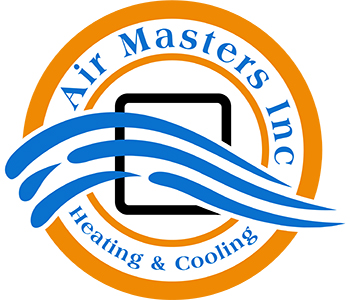
Significant changes are coming for the heating and cooling business! Cooling systems moving from R-410a to newer refrigerants like R-454B refrigerant and R-32 refrigerant will be coming in 2025. These new coolants are developed to be friendlier to the environment and satisfy updated regulations about global warming. But what does that mean for your existing HVAC system and any new services?
This change will reduce the environmental effect of our air conditioning systems. Beginning in 2025, new AC systems will use new class of refrigerants that better align with climate goals. If you're considering getting an AC replacement soon, this is the ideal time to explore how these new refrigerants can influence your home's comfort.
Why Exactly Is R-410a Being Phased Out?
For years, R-410a was the preferred refrigerant for residential air conditioners because of its effectiveness. But studies uncovered that R-410a still contributes to global warming. In response, the Environmental Protection Agency (EPA) established an initiative back in 2021. The industry will gradually eliminate R-410a to make room for refrigerants that are more eco-friendly.
The HVAC industry has implemented shifts like this before. When the industry moved away from using R-22 (commonly called Freon) to R-410a, property owners like you had to follow suit. And similarly, this shift will influence how systems are designed as well as the recommended procedures for HVAC maintenance. Both homeowners and HVAC technicians must get ready for these new refrigerants if they want to keep experiencing the most reliable, most cost-effective cooling possible.
What Refrigerant Is Replacing R-410a?
The new batch of refrigerants belong to the new "A2L" classification and include the newest R-454B refrigerant and R-32 refrigerant coolants. They're designed to deliver the same efficient cooling while significantly reducing their global warming potential (GWP) compared to R-410a.
R-454B refrigerant is expected to be especially effective due to its GWP being approximately 78% less than R-410a. Although R-454B refrigerant is actually more flammable than R-410a, improvements to system manufacturing and maintenance practices will ensure servicing is just as safe to perform. Additionally, contemporary cooling systems using R-454B refrigerant are significantly more energy efficient, contributing to substantial savings on energy bills over time, especially if you stay on top of routine HVAC maintenance.
This transition isn't just about swapping out the refrigerant—it affects the whole HVAC system because the characteristics of R-454B refrigerant make it incompatible with older systems. Ultimately, every household and business using R-410a will have to upgrade to one of the new systems.
R-410a Replacement: How Can I Prepare to Transition to New HVAC Refrigerants?
Transitioning to the new refrigerants isn't as straightforward as swapping out the new coolants with what's used in your home's HVAC system. That's because the distinct properties of R-454B refrigerant and R-32 refrigerant make existing R-410a systems incompatible. But don't worry—you can still use your current R-410a system for now. Just be aware that as time passes, the price of repairs and tune-ups will rise as R-410a becomes less available.
Planning ahead is the best way to handle things. If your AC system is already getting old, this is the ideal time to contemplate investing in a newer model that uses the new R-454B refrigerant. Plus, the team here at Air Masters Heating & Cooling can support you with making the transition with flexible options for HVAC replacement financing.
What Type of Cooling Refrigerant Is in My HVAC System?
Uncertain which refrigerant your AC system utilizes? In general, you can easily learn this information by inspecting the label on your outdoor unit. This label displays the type of refrigerant, the model number and various other specifications about your cooling system.
But if you can't read the label or can't find your user manual, remain calm! You can always connect with one of the professional technicians at Air Masters Heating & Cooling to assist you in identifying the refrigerant. Get all the details you need by reaching out at 360-233-2573.

